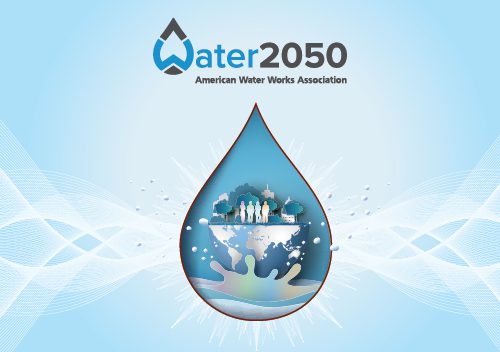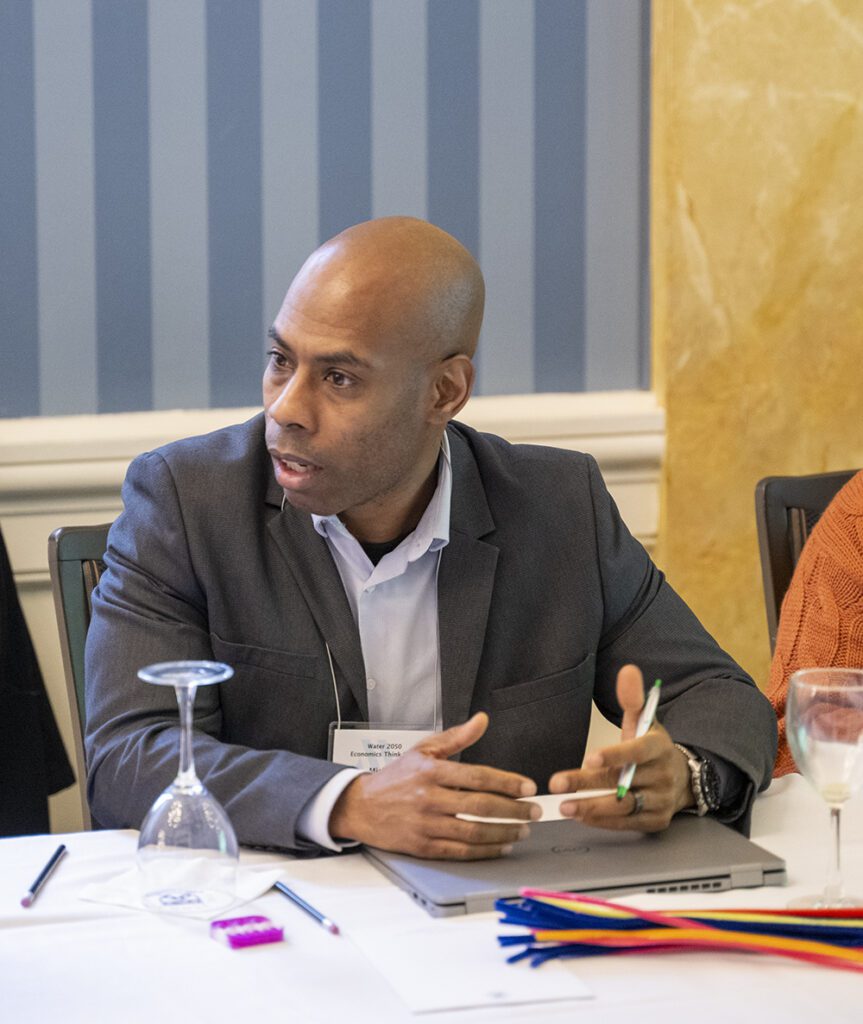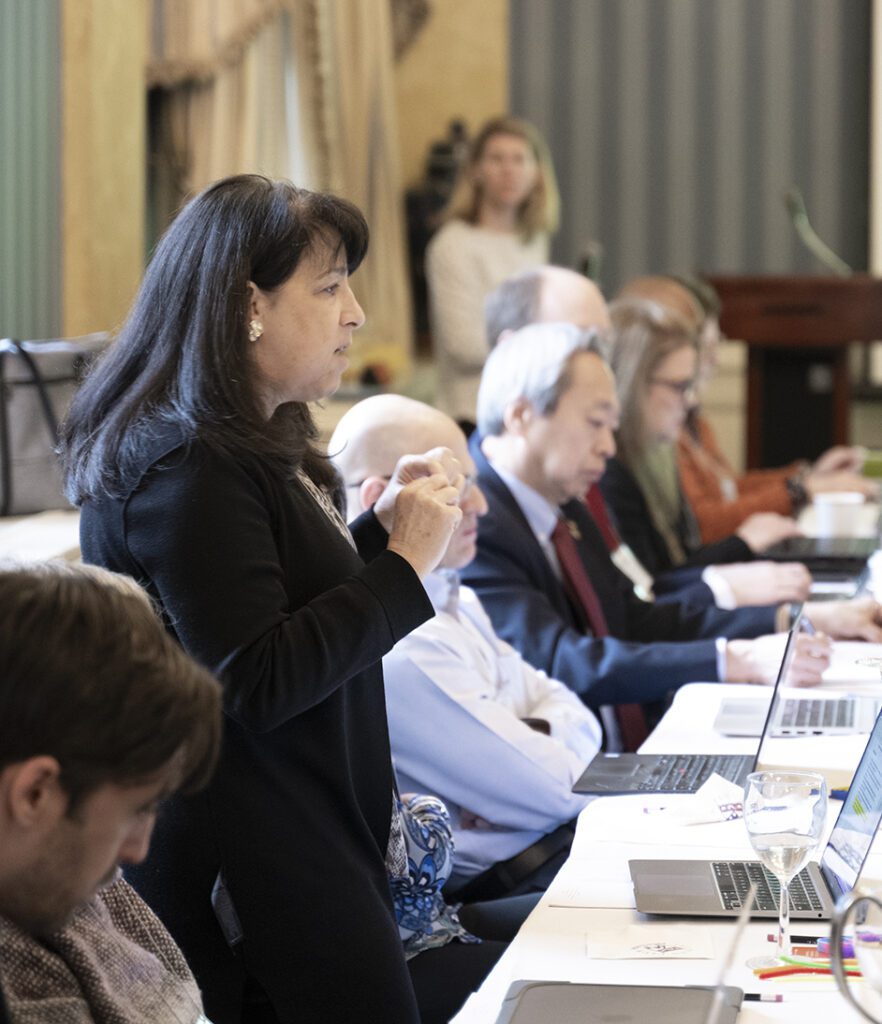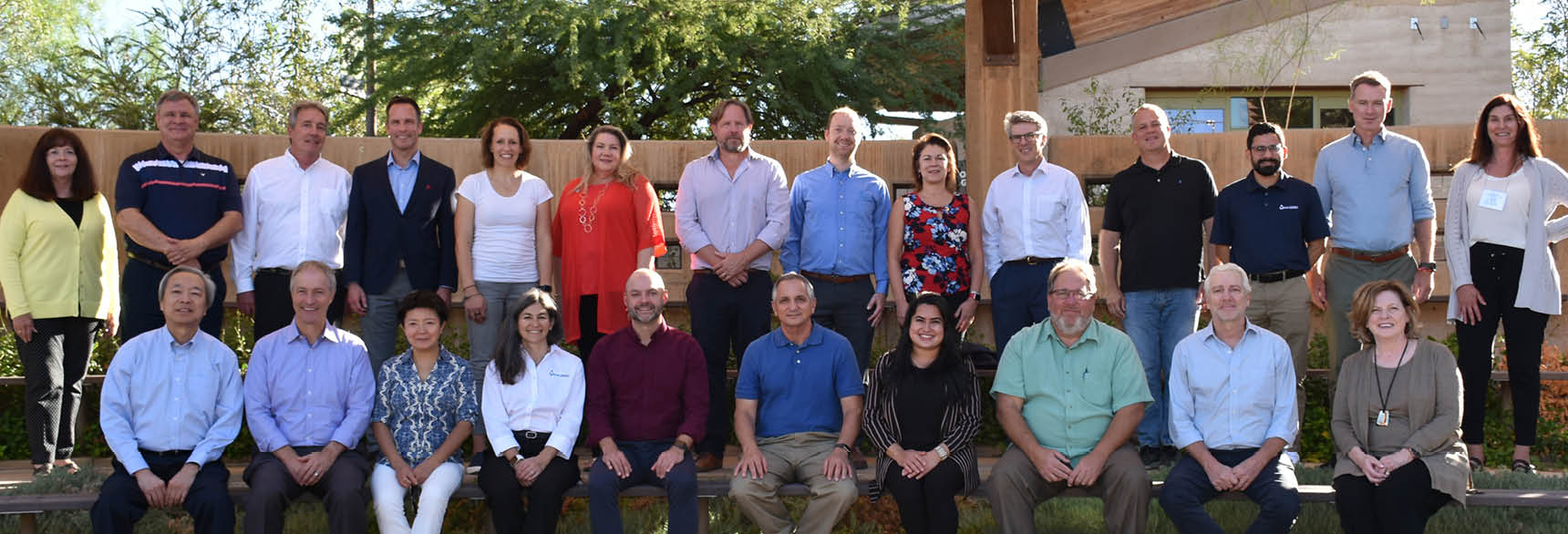Finance & Affordability


Overview
The Finance and Affordability Strategic Implementation Team (SIT) is developing strategies to ensure sustainable funding and affordable access to water for all communities. We’re identifying and sharing proven funding models, financing mechanisms, and pricing strategies that promote affordability while ensuring the long-term financial viability of water utilities.
Financing and Funding
We’re exploring new funding sources and approaches to revenues, including non-traditional financing mechanisms. We’re also conducting a pilot study on Segmented Pricing in Portland, Oregon.
Full-Cost Pricing
We’re working to standardize key definitions, such as “Affordability” and “Full-Cost Pricing,” to improve clarity and consistency in the water sector. We’re also identifying barriers to full-cost pricing and providing recommendations to help utilities implement this model while considering affordability.
Utility Performance Standards
We’re developing a certification program to assist utilities in securing funding and budget approvals from their governing bodies. This program will provide a structured framework and clear guidelines to validate rate studies and facilitate the rate adoption process.



Water 2050: Finance & Affordability
The envisioned world of 2050 will include:
- Financial and reinvestment strategies that ensures the water industry’s ability to provide continued and reliable service.
- Water being valued in more than financial terms, going beyond pricing, recognizing water as a merit good and its power politically and socially, for a sustainable future.
- Funding for water that is based on the full cost of the service, where ‘full cost pricing’ coupled with non-price methods (to ease the economic burden on low-income and disadvantaged communities, as with the SNAP or Affordable Connectivity Program) will be commonplace.
Recommended Actions
The short-term recommended actions for the Finance & Affordability Strategic Priority include:
- Rapidly identify and share financing and funding resources for resilient systems of the future.
- Establish a pricing model and set rates that covers all the costs of water service while advancing affordable access and recognition of the human need for water.
- Promote the integration of utility performance standards that support better technical, managerial, and financial practices and align utility sustainability plans and economic growth plans.
Resources
Water 2050: Rethinking Reserves
Learn about resources and strategies to apply risk-aware and risk-savvy thinking to financial reserves in your own utility.
Access Recording
Water 2050: The Future of Water Utility Financial Sustainability
This webinar provides a glimpse into our water future through the lens of financial sustainability. There will be an engaging discussion about innovative policies and practices that will help shape the future of utility finance. Attendees will learn which actions must be taken now to support financial sustainability in the future.
Access Recording
Water 2050: Rethinking Reserves
Learn about resources and strategies to apply risk-aware and risk-savvy thinking to financial reserves in your own utility.
Access Recording
Water 2050: The Future of Water Utility Financial Sustainability
This webinar provides a glimpse into our water future through the lens of financial sustainability. There will be an engaging discussion about innovative policies and practices that will help shape the future of utility finance. Attendees will learn which actions must be taken now to support financial sustainability in the future.
Access Recording


Economics of the Future of Water
In 2050, how will we keep water affordable — without compromising reliable, equitable access to clean, safe drinking water and sanitation? Economics is a central consideration for the future of water.
See All Water 2050 Videos
Advertisement
Water 2050 Think Tank Reports
Economics Think Tank:
A diverse group of influential thinkers from within and outside the water community put forth nine recommendations for an economically sustainable water future in the third think tank report of the Water 2050 initiative.
The 26 participants in the Water 2050 Economics Think Tank, which took place Jan. 23-25, 2023, at the Penn Club in New York City, included highly respected voices from the water and wastewater utility, manufacturing and consulting community, as well as regulators and academics, CEOs and climate advocates and infrastructure and financial services experts.


Economics Think Tank
The Penn Club, New York, New York, January 2023

Participants

Janie Beecher, Ph.D.
Director, Institute of Public Utilities Michigan State University

Kevin Bergschneider
Vice President and Water Program Leader HDR, Inc.

Adam Carpenter, Ph.D.
Manager of Energy and Environmental Policy, AWWA

Chuck Chaitovitz
Vice President, Environmental Affairs and Sustainability U.S. Chamber of Commerce

Jon Eaton
Superintendent of Utilities City of Eagan

Dave Fox
Vice President Raftelis

Stacey Isaac Berahzer
Founder and CEO IB Environmental

Joe Jacangelo, Ph.D.
Vice President Director of Research Stantec

Robert Johnston, Ph.D.
Professor of Economics and Director and Research Professor, The George Perkins Marsh Institute Clark University

Patrick Kerr
Chair Of The Board Of Directors, CEO and President Baton Rouge Water Company

Cynthia Koehler
Co-Founder and Executive Director WaterNow Alliance

Rose Kyprianou
Supervisor, Capacity Development Branch of the Capacity and Compliance Assistance Division Environmental Protection Agency (EPA)

David LaFrance
CEO AWWA

John Logan
Senior Principal Engineer Hazen and Sawyer

Paula MacIlwaine
Deputy CEO AWWA

Barb Martin
Director of Engineering and Technical Services AWWA

Paul Matthews
Chief Financial Officer Tualatin Valley Water District

Jason Mumm
Principal FCS GROUP

Matt Roberts
President Roberts Filter Group

Chi Ho Sham, Ph.D.
Past President, AWWA Independent Consultant

Clayton Simons
Senior Sales Representative American Cast Iron Pipe Company (AMERICAN)

Christine Spitzley
Principal OHM Advisors

Manuel Teodoro, Ph.D.
Associate Professor of Public Affairs University of Wisconsin-Madison, The Robert M. La Follette School of Public Affairs

Brian Van Nortwick
Senior Construction Engineer American Water

Michael Wertz
Vice President-Senior Analyst, Public Finance Group Moody’s Investors Service

Casey Wichman, Ph.D.
Assistant Professor Georgia Institute of Technology, School of Economics

